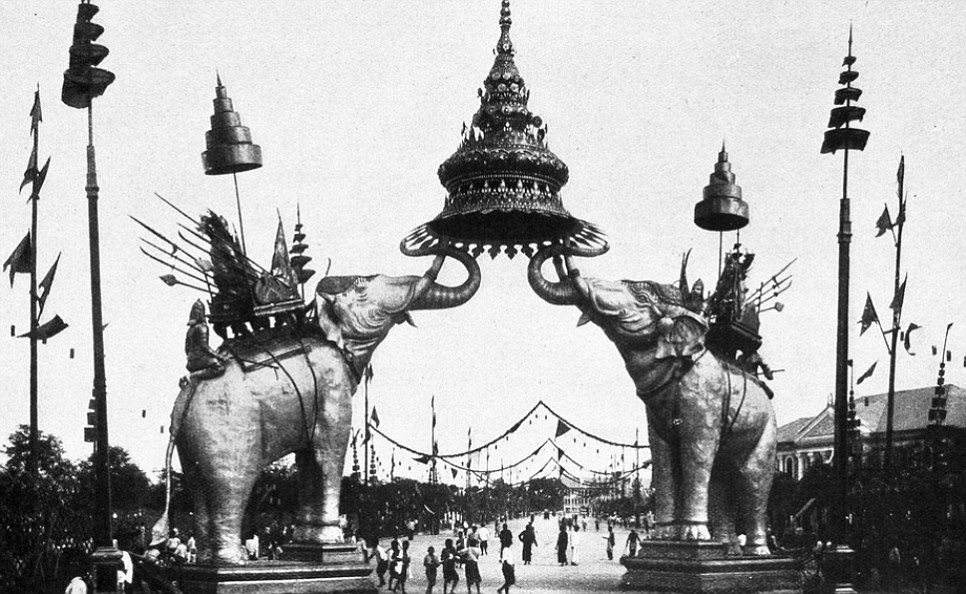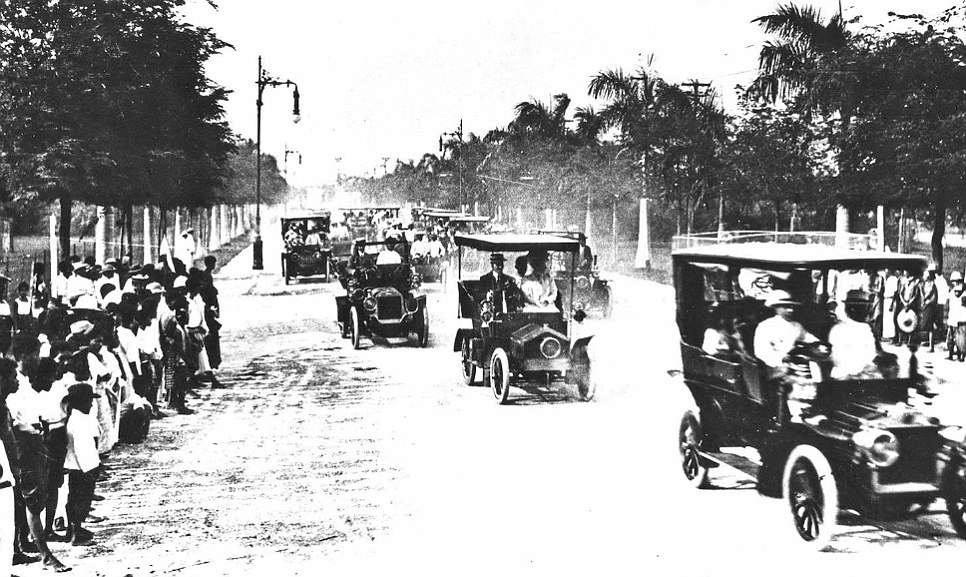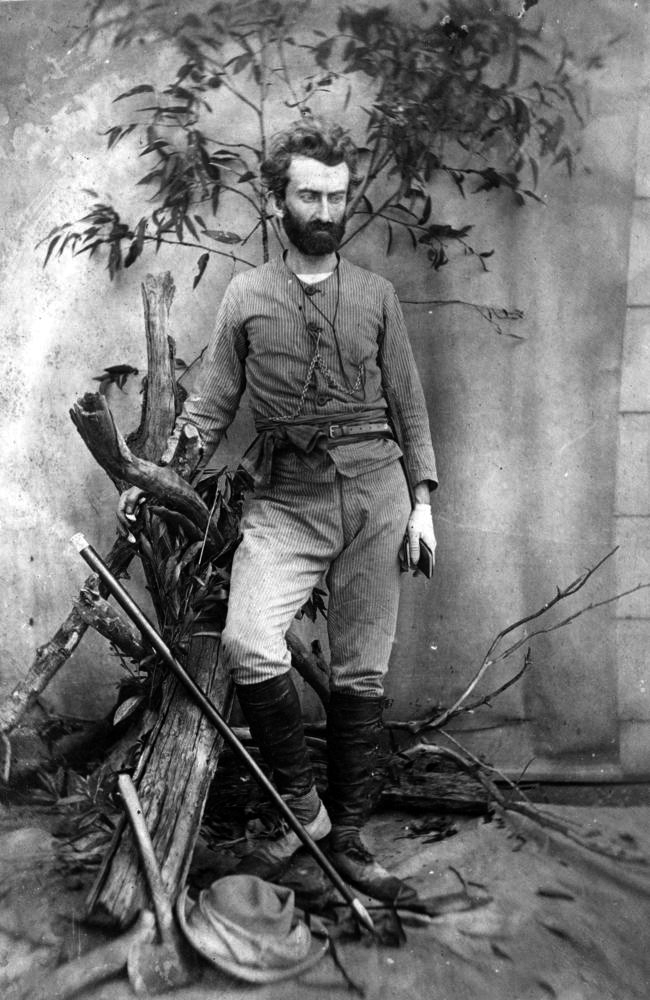
Thailand
Archive PhotoIn 2017 Russia and Thailand plan to mark the 120th anniversary of the establishment of diplomatic relation with great pomp and splendor. After being on opposing sides during the Cold War, the relationship between the two countries is now at an all-time high.
While Nicholas II’s meeting with King Rama V in 1891 is considered one of the most important initial milestones in Russia-Thailand ties, the seeds of friendship between the countries were sown almost thirty years earlier.
Russia and Siam (as Thailand was then called) established their first direct contact on February 19, 1863, when two Russian warships, the Gaydamak and the Novik, entered the Chao Phraya River near Bangkok. The warships were on an expedition, led by Admiral Alexi Petchurov, to explore territories that were previously unchartered by the Russians.
“Admiral Alexi Petchurov noted positively that the people of Siam were industrious and friendly and welcomed foreigners,” writes Harold Stephens.
The Siamese government accorded the Russians a friendly reception. The officers were welcomed to the court of King Rama IV (King Mongkut).
“Compared to other Western powers which arrived much earlier, Russia’s first encounter with Siam was during the modernization drives undertaken by King Rama IV and King Rama V,” writes Ekaterina Koldunova and Paradorn Rangsimaporn in ‘ASEAN-Russia: Foundations and Future Prospects.’ “This left a favorable impression of Siam on the Russians and helped to shape the friendly relations between the two royal families later on.”
 An old image of Siam (Thailand). Source: Archive Photo
An old image of Siam (Thailand). Source: Archive Photo
Thunjira Wattaporn, a researcher based in the northern Thai city of Chiang Mai, says the Siamese authorities were surprised with the humility of the Russian naval officers. “Western powers that visited Thailand had racist and patronizing attitudes towards Thais and were looking at ways to colonize the country,” she says. “This was not something even remotely on the mind of Tsarist Russia.”
Wattaporn credits Russia with preventing France from colonizing Thailand. “When King Rama V (King Chulalongkorn) visited Russia in 1897, he was accorded the status that was only extended to European monarchs, hinting to both France and Britain that Russia would oppose any efforts to colonize Siam.”
Tsar Nicholas II went to the extent of publicly stating that “the independence of Siam will never be lost, nor will it be disturbed.”
The links between the countries grew steadily before Nicholas II visited Thailand in 1891. Russian military advisors visited the kingdom in 1873 and 1882.
“There was a large Russian delegation at the centenary celebration of the Chakri Dynasty in 1882,” says Wattaporn. “Tsar Alexander III was in favor of developing the relationship with the faraway Kingdom of Siam.”
The Russian squadron that visited Thailand for the celebrations was led by Rear Admiral A. B. Aslambekov, a war hero whose bravery during the Siege of Sevastopol (Crimean War) is celebrated to this day.
In the same year that Nicholas II visited Siam, Siamese Prince Damrong visited Crimea, making him the first Asian member of a royal family to set foot on the peninsula. He met Alexander III in the Livadia Palace.
The 1863 visit of the warships also set the tone for cultural ties between Russia and Thailand.
 Nicholas Miklouho-Maclay. Source: Wikipedia
Nicholas Miklouho-Maclay. Source: Wikipedia
Russian explorer and anthropologist Nicholas Miklouho-Maclay, who later became famous as the first scientist to settle among and study people who had never seen a European, visited Siam in 1876.
“He first visited the southern parts of Thailand that border Malaysia,” says Wattaporn. “His main aim was to conduct research on indigenous peoples and to combat scientific racism. He also travelled to the areas around Chiang Mai and met the indigenous people in the Golden Triangle area.”
Russian musician Pyotr Schurovskiy composed Sansoen Phra Barami (Glorify his prestige), the national anthem of Siam, in 1888. The song is now the royal anthem of Thailand.
“The cultural relationship really took off from the time of Nicholas II’s visit,” Wattaporn adds. “The Thai Royal Family took an interest in Russian culture and classical music…The ties were broken after the Bolshevik Revolution but we are now seeing a revival.”
All rights reserved by Rossiyskaya Gazeta.
Subscribe
to our newsletter!
Get the week's best stories straight to your inbox